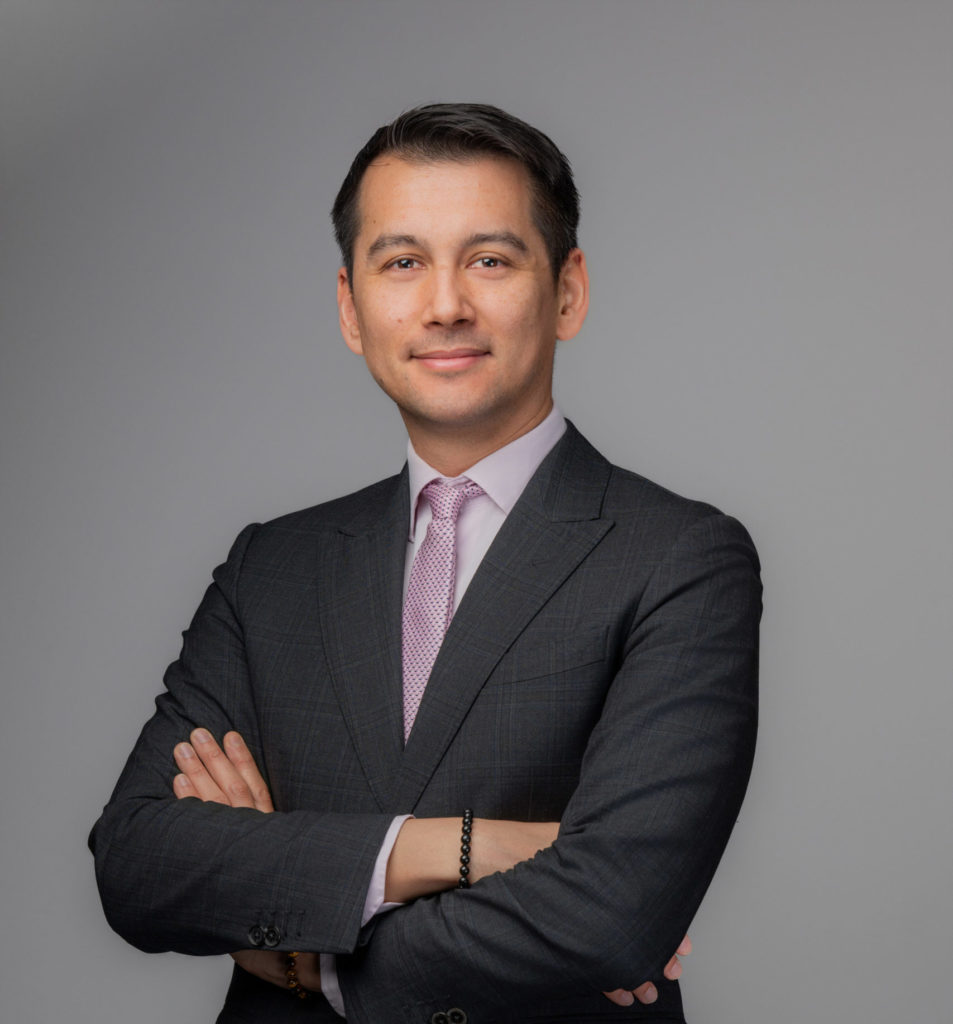Public Procurement, Trade and International Affairs
The European rail supply industry is a world leader and top exporter among EU industries. Yet, an increasing lack of a global level-playing field needs to be urgently addressed. The worldwide rail market accessibility for EU suppliers continues to decline, reaching 59% in 2021-2023 – this represents €83 bn out of reach every year!
UNIFE members are witnessing new rail business opportunities worldwide as populations continue to urbanise and demand for sustainable mobility grows.
At the same time, Europe’s rail supply industry faces an increasingly uneven playing field when it comes to public procurement and investment. Several countries tend to close or restrict access to their markets. Some do so to support domestic champions, others to create local jobs. This stands in sharp contrast with a transparent and open European market. UNIFE believes in free trade, but competition needs to be fair between economic players – in world markets, as well as in the European one. The right policies and tools should be in place amidst growing unfair competition based on government support and underbidding.
1. Reforming the EU public procurement framework
Through a range of industrial policy initiatives and the forthcoming revision of the public procurement directives (2026), UNIFE is active to promote a swift reform of the EU public procurement framework. UNIFE notably supports:
- Reinforced coherence and simplification of the framework;
- More clarity, flexibility and transparency in the rules and processes;
- Safeguards against unreasonable contractual requirements;
- Clear rules on access of third country bidders to the EU procurement market;
- European preference for rail products, the basis being the subject matter of the tender;
- Implementation of the non-price criteria (MEAT);
Adequate protection of Intellectual Property Rights to foster - innovation;
- Rules on private procurement.
To that end,
UNIFE is
working on:
2. Shaping an EU trade policy in line with the interests of the European rail supply industry
UNIFE acts on trade dossiers and negotiations where the interests of the European rail supply industry are at stake. This usually concerns:
- important legislative instruments part of the EU toolbox, such as the Foreign Subsidies Regulation (FSR), the International Procurement Instrument (IPI), or investment screenings.
- prominent markets where trade negotiations between the EU and its partners are ongoing or foreseen, and where barriers to enter the market exist (e.g. China).
- plurilateral or multilateral agreements impacting the EU rail industry (e.g. OECD export credits, WTO Agreement on Government Procurement, etc.).
UNIFE’s advocacy on these important topics is also achieved through AEGIS Europe, a coalition of over 20 European upstream and downstream manufacturing associations committed to free and fair international trade.
3. Developing bilateral cooperation to promote industry standards outside the EU
UNIFE acts as a catalyst by developing bilateral relations with its foreign counterparts to promote European expertise on a number of key topics such as interoperability, safety, signaling (ERTMS) and more. It also works to maintain the leadership of the European rail industry worldwide.
Over the years, UNIFE has developed a number of long-lasting partnerships, in particular with rail transport stakeholders from the US (American Public Transportation Association – APTA and Railway Supply Institute – RSI), Canada (Canadian Association of Railway Suppliers – CARS), Brazil (Brazilian Association of the Railroad Suppliers – ABIFER) and Gulf Countries (Gulf Cooperation Council Secretariat General – GCC SG). UNIFE has co-organised and participated in many events with these partners for the benefit of its members.
